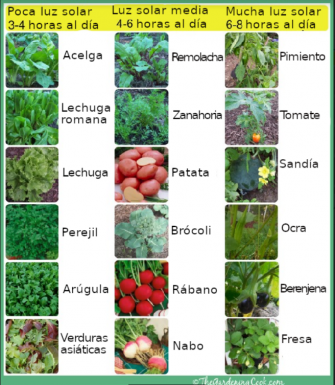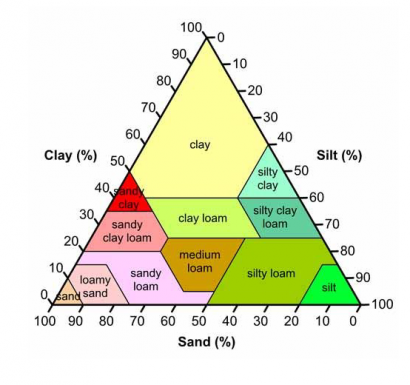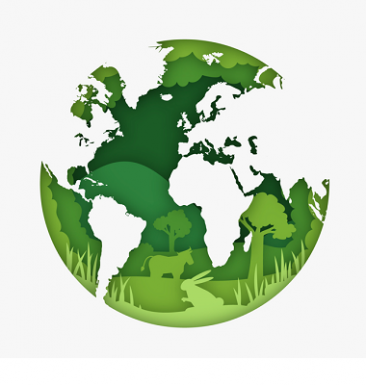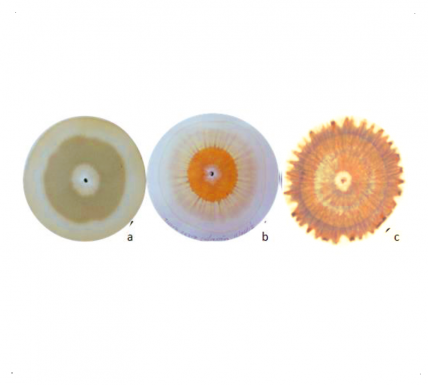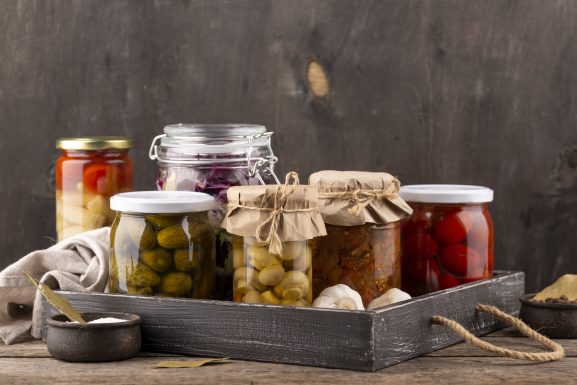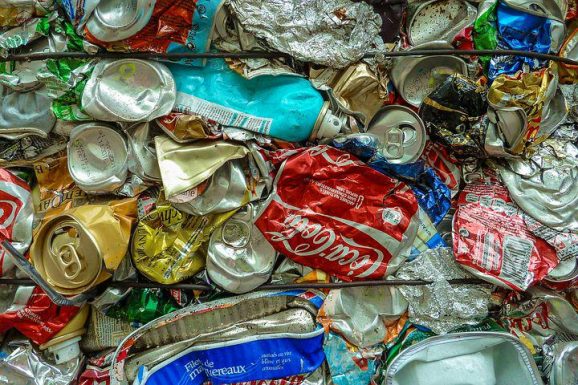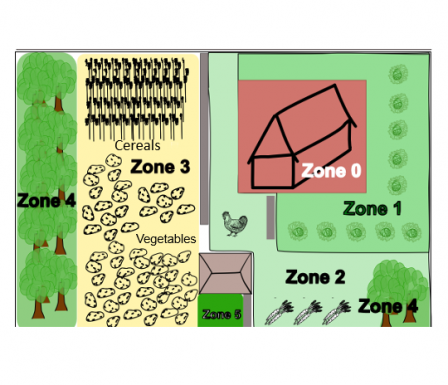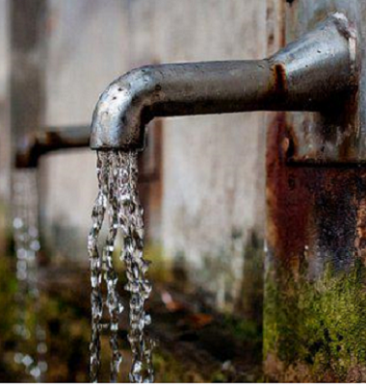Nuestro objetivo es descubrir la biodiversidad de nuestros propios barrios y también las amenazas que pesan sobre ella. Gracias a la experiencia directa y al contacto con la diversidad y las especies amenazadas, conseguimos una conciencia más tangible sobre la biodiversidad y nuestro impacto en ella.
Descárgate la app "PlantNet" y escanea la primera planta que encuentres en tu casa o barrio
04-¿CUÁNTA LUZ SOLAR NECESITA CADA PLANTA?
Conoce las necesidades de las plantas para aprovechar mejor el espacio de tu huerto
Una huerta de permacultura a primera vista puede parecer un poco desordenada, pero en realidad tiene mucha planificación. Por ejemplo, a la hora de distribuir las plantas en la huerta, podemos aprovechar mejor el espacio si conocemos las necesidades de luz solar que tiene cada una y así reservar las zonas de
03-TEXTURA DEL SUELO
¿Te habías dado cuenta de lo importante que es el suelo?
El suelo es la base de todos los ecosistemas que viven en la tierra. A la hora de plantar y cultivar alimentos, el suelo se convierte en un aspecto fundamental a tener en cuenta. El análisis del suelo es una herramienta clave en la gestión sostenible del suelo y nos permite controlar a tiempo cuál es el impacto de nuestras actividad
02-EL ECOSISTEMA QUE NOS RODEA
Queremos profundizar en la comprensión de cómo están interconectados los diversos elementos de un ecosistema vivo.
Un ecosistema incluye todos los seres vivos de una zona determinada que interactúan entre sí y también con su entorno no vivo. En un ecosistema podemos encontrar cuatro (4) componentes:
1) Sustancias abióticas:
Elementos mineralesCompuestos orgánicos.AguaMaterias fí
01-SALUD DEL SUELO
El suelo es el gran olvidado de la agronomía convencional. Observa la diferencia de riqueza entre un suelo convencional y uno orgánico
El suelo de nuestra huerta es el elemento central. Podemos conocer su composición con análisis como este (cromatografía de Pfaiffer) donde se separa en sus distintos componentes. Aquí vemos un suelo de agronomía tradicional (a) que solo conserva la p
08 – WHAT CAN ONE PERSON DO ABOUT CLIMATE CHANGE?
We constantly receive messages alerting us that our standard of living is unsustainable. However, we rarely receive accurate information on what we can do, beyond changing the light bulbs in our house.
We may feel overwhelmed when we see that our way of life is unsustainable. We are facing a very serious and unprecedented environmental crisis, in the face of which people are powerless and help
09 – ARTIFICIAL PRESERVATIVES
It’s “common” for food to contain artificial preservatives. That’s because they can “prevent spoilage, improve appearance and texture, and maintain the food’s nutritional quality”. It’s not just fast food restaurants using artificial preservatives, either.
There are also natural preservatives — like salt, sugar, vinegar and citrus juice — but using them usually comes at a
10 – SELECTIVE WASTE COLLECTION AND RECYCLING
Learn about the benefits of selective waste collection and recycling on the environment and society.
Selective collection and recycling often reduce the negative impact of waste affecting the environment and society.Selective waste collection involves the management of waste, by their temporary storage, by categories, in specially arranged places, for recycling.Recycling is the collection, sep
07 – PERMACULTURE ZONING
Permaculture zones help us organize our spaces according to how (and how often) we use them. As a design strategy, zones are a super powerful way to make choices about where to place elements of the ecosystem, in order to enhance their ecological performance. Try to imagine: how could these zones be envisioned? In our micro training, you will get more practical experience about how this principle
06 – WATER USAGE
Learn the sources of water and how it is used by humans.
70% of our Earth’s surface is water93.8% is ocean water, 2.5% is fresh water0.375% is accessible to humans0.3% of water is in lakes & ponds0.06% is in soil & forests, 0.03% is in rivers,0.035% is in the atmosphere.
Sources of water in the environment:
13% of precipitation is rain86% of precipitation is from condensation


